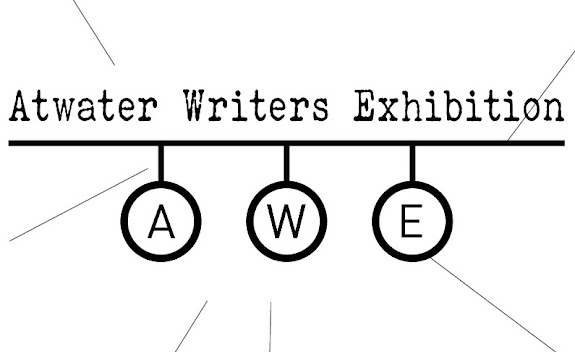Osip Mandelstam argues that poets should think of themselves as being in a conversation with an interlocutor too distant to properly imagine:
There is no lyric poetry without dialogue. The only thing than prods us into the interlocutor's embrace is the desire to be surprised by our own words, enchanted by their startling novelty. The logic is inexorable. If I know to whom I am speaking, I also know beforehand what attitude he will hold toward my statement, regardless of what it states, and for that very reason I will be unable to feel amazed by his amazement, to rejoice at his joy, to fall in love through his love. The distance of separation effaces the features of one dear to my heart: not until then do I sense the desire to say to him that essential thing that I could not have said when I had his countenance before me in the fullness of its reality. I will permit myself to formulate this observation as follows: our taste for communication is inversely proportional to our actual acquaintance with our conversation partner and directly proportional to our wish to interest him in us. It is not acoustics that we should worry about: acoustics will come. More important is the distance. Exchanging whispers with your neighbor is boring, and drilling holes in one's own soul is infinitely dull. Trading signals with Mars—there's a task worthy of a lyric poetry that respects the interlocutor and is conscious of its own causeless rightness.








